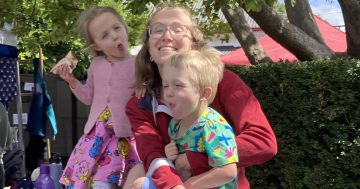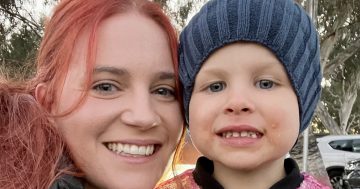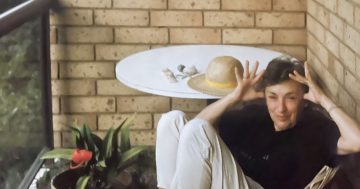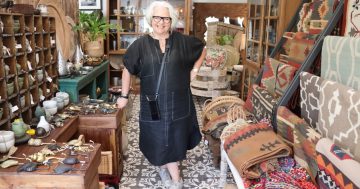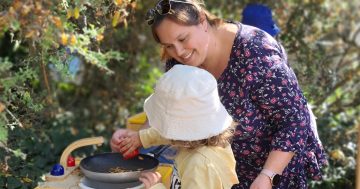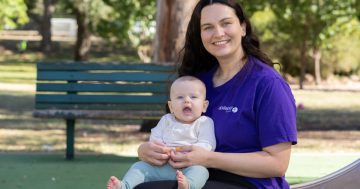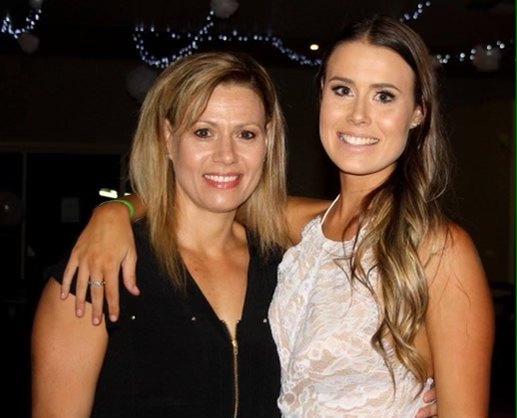
Tayla Paterson with her late, much-loved and missed mum Suzanne. Photo: Supplied.
It’s Mothers Day again. The annual obligation to demonstrate our appreciation through gifts and cards is back, and it can be difficult to look past the haze of flowers and fluffy socks that fill shop windows at this time of year.
But for many people, Mother’s Day is not about chocolates and roses. It can be a painful and difficult holiday for those who have lost their mother, those without children, and for those who have lost a child.
Of the 12 million women in Australia, almost a quarter have lost their mothers – around 1.2 million before the age of 44.
On 11 July last year, then-26-year old Wagga woman Tayla Paterson and her three siblings Piper (20), Archer (17) and Marlee (12) said goodbye to their mum Suzanne.
It was the heartbreaking end to her five year crusade against a rare and aggressive cancer, metastatic leiomyosarcoma.
“I’ve had a few friends that have also lost their mums over the last two years, so I have connected more closely to those people,” she says.
For Tayla, the importance of having a support network, whatever form that may take, cannot be understated as she approaches her first Mother’s Day without her beloved mum.
“It has been so good just to be able to talk to people who know how you feel, and at the same time you know how they feel,” she says.
Danielle Snelling, Co-Founder and Executive Officer of Motherless Daughters Australia (MDA), thinks that there is a long way to go in terms of the wider community understanding the varied experiences of Mother’s Day.
Danielle’s mother died in 2012 when she was 23, and she found there was no support despite her constant searching.
“I ended up in a group on Facebook to see if there was anybody else my age in Melbourne who had lost their mum, and I ended up meeting Eloise Baker-Hughes not long after that.”
Danielle and Eloise went on to found the non-profit MDA to focus on sharing the lived experience of women, girls, and families to provide ongoing support and navigate “a loss that lasts a lifetime”.
MDA consists of awareness and support outreach programs, networking events, commemorative initiatives, and contributions to research, alongside a private online community.
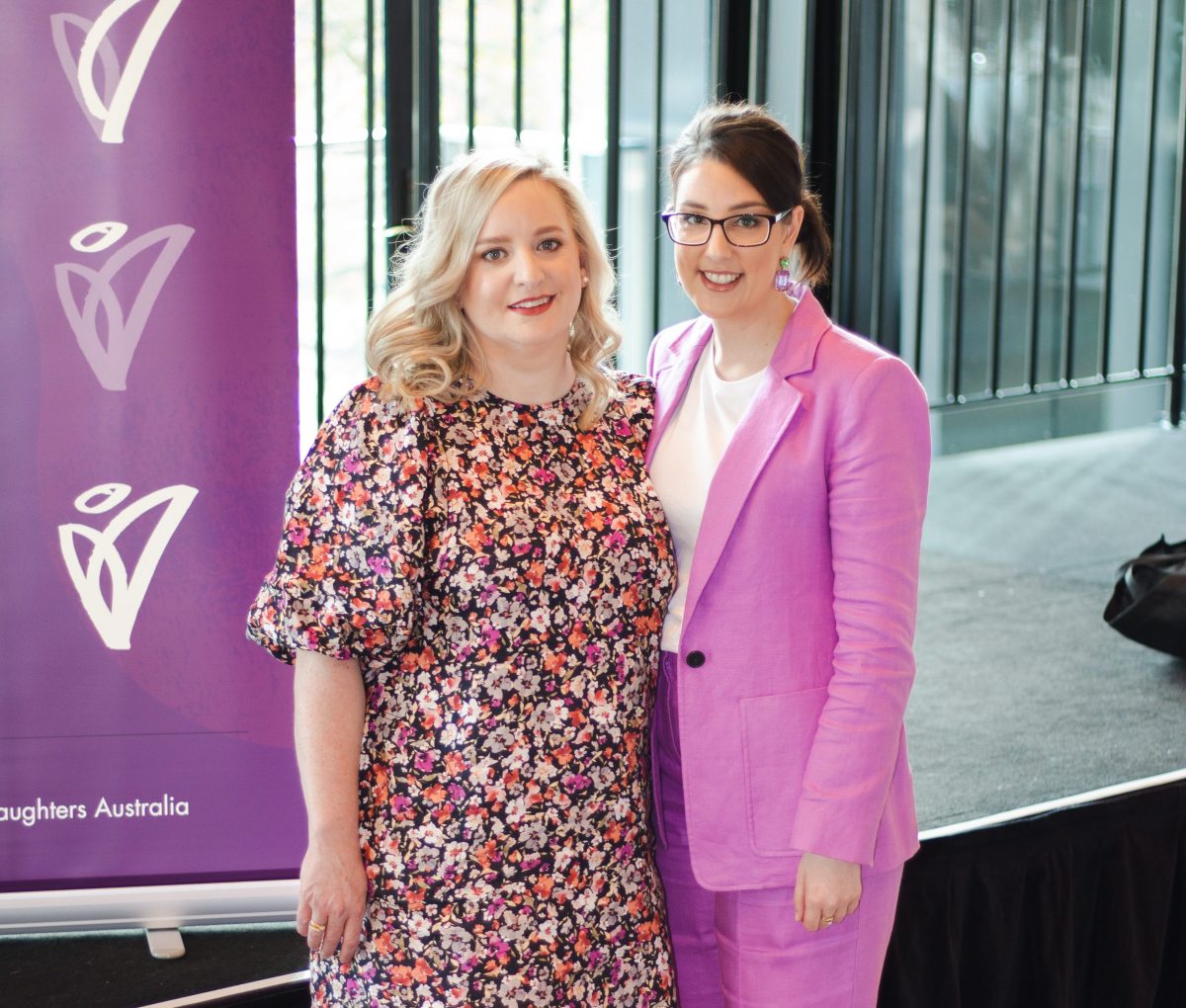
Motherless Daughters Australia Founders, Eloise Baker-Hughes (left), and Danielle Snelling (right). Photo: Supplied.
“Australian society doesn’t manage grief very well in general, which hampers any progress actually being made,” Danielle says.
Another group of women suffering all over Australia on Mother’s Day are those who have loss of a child.
Six babies are stillborn every day in Australia, a figure that has not changed in the past 20 years.
On 4 August 2010, Wagga resident Megan Gaffney’s baby girl Ruby was one of those six.
“There is always that little gap in your heart that you just can’t understand how to fix,” Megan says.
Like Danielle and Eloise, a lack of professional services was the catalyst for Megan and her friend Rebekah Post, to start their Riverina-focused non-profit, The Vilomah Community, last year.
Vilomah’s program supports families through pregnancy and baby loss by connecting them to services, counselling, and assisting their return to the workforce. They also comfort families as they face important dates, like Mother’s and Father’s day, due dates, birthdays, and anniversaries.
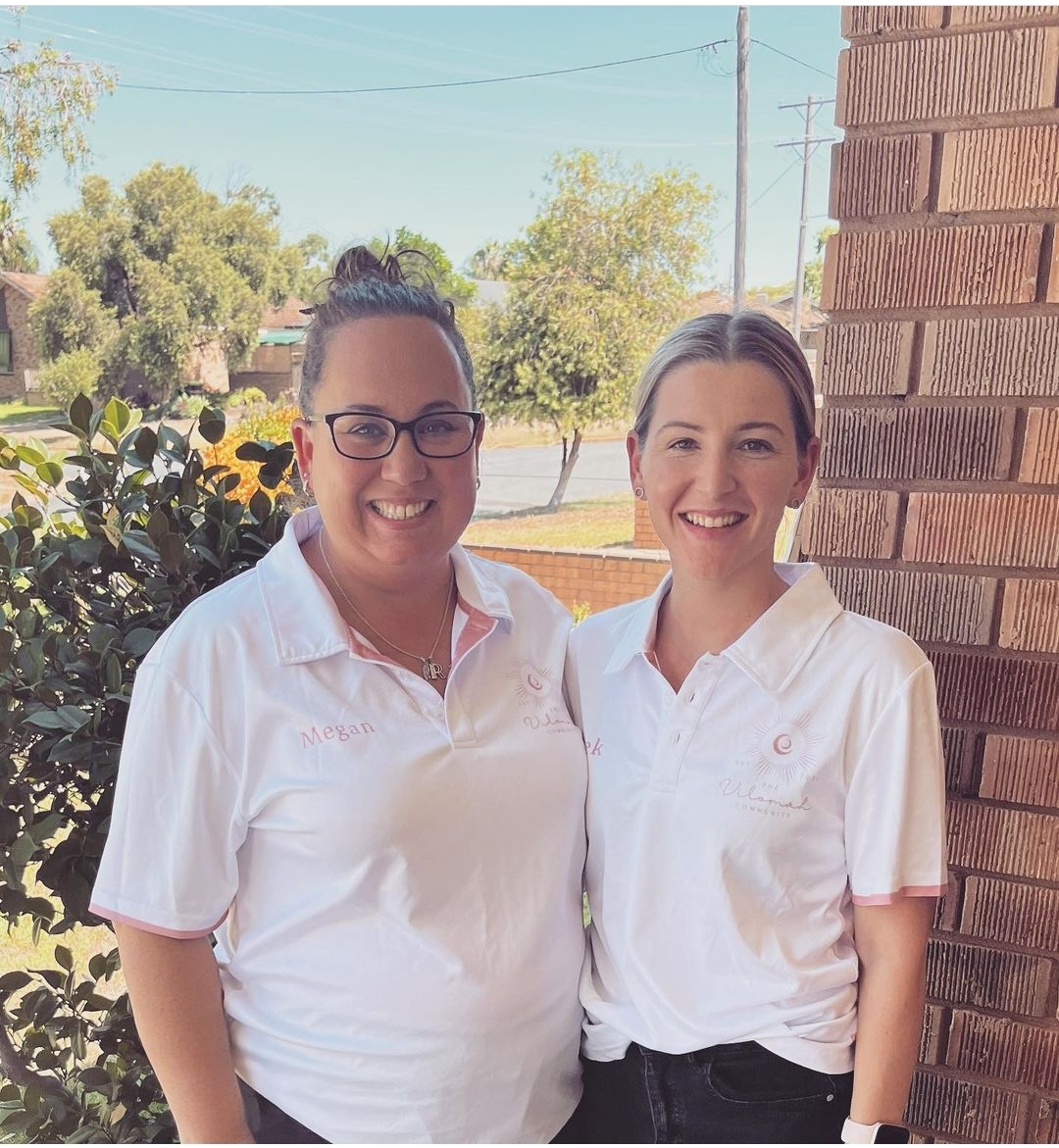
Megan Gaffney (left) and Rebekah Post (right), founders of local Wagga not-for-profit The Vilomah Community. Photo: Supplied.
“We provide 3D hand and foot castings, organise photography and liaise with funeral homes and doctors so that the family can just concentrate on creating all those memories with their baby,” Megan explains.
Supporting bereaved people who have lost mothers or children around Mother’s Day is confronting and confusing for most people. Danielle encourages those in such a position to “acknowledge the elephant in the room”.
“Don’t act like nothing happened and sweep it under the carpet. I think Mother’s Day is still very important, people should celebrate women in their lives,” Danielle says.
“We just need to ask, acknowledge, accept and respect how they feel without judgement or criticism. Don’t tell them they should be something that they’re not.
“Avoid the platitudes like ‘your mum wouldn’t want you to be sad’ or ‘focus on your kids and be strong’ – people are allowed to feel like s–t.”
For Megan, Mother’s Day is still a triggering experience.
“Being really gentle is absolutely essential, especially for anyone going through their first loss. It’s really important to acknowledge the life that isn’t there,” Megan says.
For people suffering, Megan’s advice is to reach out and find people who are navigating a similar kind of grief.
“For the mothers, reach out and say, ‘this is my story, can we talk’. Don’t hesitate at all in that respect. Just take care of yourself and get through the day however you feel you need to, knowing that you’re not alone,” Megan says.
Original Article published by Anna Maskus on About Regional.












